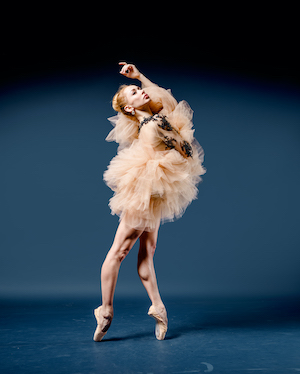Gathered in Rotterdam on 6 November for the final event of the European project Dance Futures – Creating Transition Schemes for Dancers and Promoting Sustainable Mobility in the Dance Sector, the European group of the International Federation of Actors (FIA) has launched its new Dance Passport.
The Dance Passport is a long-term project of the European group of FIA. Initiated in the 2000s, the project had the dual objective to enhance mobility in the European dance sector and to strengthen co-operation and partnership between unions. Unfortunately and despite a strong start, after some years the first paper version of the Dance Passport fell out of use. The new digital version of the Dance Passport should help protect dancers working in Europe in a more efficient way.
The aim of the Dance Passport is to be a source of support for professional dancers in the context of mobility. It is a union solidarity network for dancers abroad. This scheme allows dancers, who are paid-up Equity members, to access local union support while working for a short period in any European country where there is a participating union. Thanks to the strong co-operation and partnership between the member unions of the International Federation of Actors (FIA), the Dance Passport promises better information and more comprehensive protection for dancers working in Europe.
By organising key information and making it available through the Dance Passport website, FIA aims to inform dancers about their rights, as well as about the practices and contractual provisions considered an industry standard in the country where they are going to work. The general recognition by FIA members that dancers are not always properly informed regarding their own rights, has led FIA to conclude that there is real added value in making this type of information easily accessible to professional dancers. More detailed information and additional support can of course be sought directly from the local union.
The Dance Passport is intended for professional dancers based in Europe and planning to work for a short period in another European country. Dancers will be able to freely access the information available on the website, including the details of a direct contact person within each of the unions participating in the scheme, as well as a set of frequently asked questions. For more specific information, advice or any other additional services, the dancer will need to contact the local union and prove that he or she is an Equity member.
For more information about the Dance Passport, visit: www.dancepassport.eu
This project has received the financial support of the European Union.


